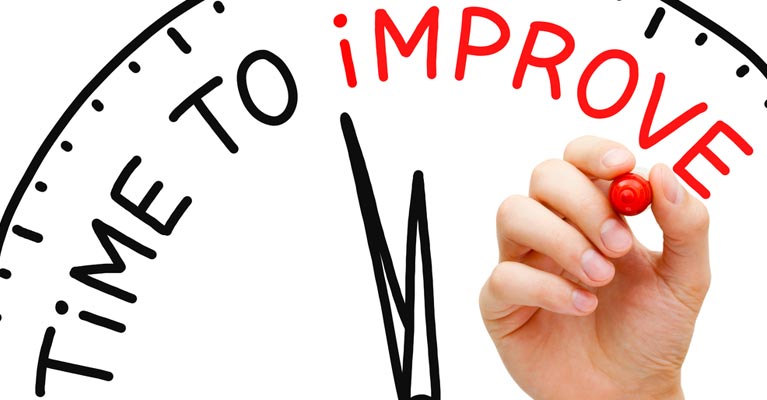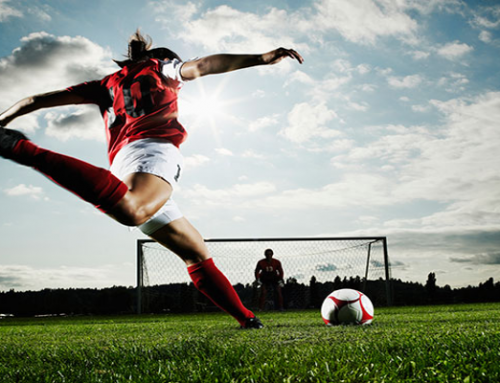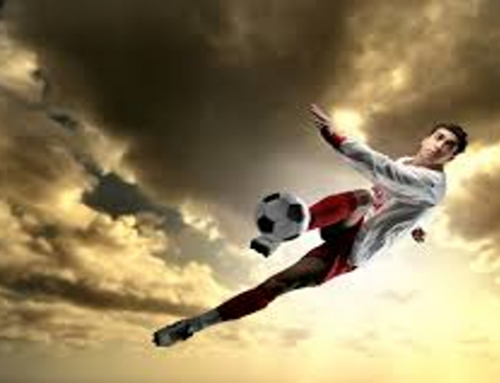Champions in any sport never ease up. They are never satisfied. They are hungry for more, in fact they are ravenous. Their appetite isn’t just for success – that plays a part, that’s the end goal in mind. Actually, champions are fully focused on constantly improving their skills. They are always trying to learn and become better. Here’s how to never settle for the status quo.
In the 1960′s psychologists documented the three stages of learning someone goes through when developing a new skill:
Stage 1 = the ‘cognitive’ phase (this is when you have to really think about what you’re doing while you do it)
Stage 2 = the ‘associative’ phase (this is when things become a little more natural, with fewer errors)
Stage 3 = the ‘autonomous’ phase (this is when things happen naturally without having to think about the move)
Now let me introduce you to the mindset that stops players developing, breaking down barriers and reaching the next level. This mentality is called the ‘good’ plateau. The ‘good’ plateau is when a player says “Hey I’m pretty good at this skill” and then withdraws her attention from that specific skill. She stops trying to improve it.
“I’m good at shooting I don’t have to worry about it so much now”
“I’m good at coming for the ball on crosses, I’ve got it mastered”
Let me tell you a performance secret that the gold medal winners know – you’ve never got any skill mastered. You are never good enough. You can always get better. You can always improve.
Never ever let your players (or yourself if you’re still playing) settle in the autonomous phase. You can’t get better with no thought, you can’t get better on autopilot. Always stay in the learning zone as you train. Too do this climb out of your comfort zone and try something new, something harder, something tougher to achieve. That’s what football psychology is all about.
It might require you to practice taking shots under pressure. It might need one or two players closing you down quickly. In conjunction with this you may narrow your target by creating a smaller goal. You might also make it tougher for yourself by having balls pinged into your feet at pace. One touch then booooom…..
The amount of time I see shooting practice without any pressure infuriates me. That’s slipping into the ‘good’ plateau, and to my mind that actually isn’t good enough. You need to create practice protocols and training drills that stretch players to the max – that take them out of their comfort zones.
Fire away with your ideas on this branch of football psychology. I’d be delighted to hear of ways to help players break through the ‘good’ plateau.




